Watch Patti Begg’s knee-injury prevention camp, and you might think you stumbled into Jump 101.
Students jump up and down, over cones and side to side. They jump with knee tucks, take long lunges and do one-legged leaps.
“If you’re not feeling it in your glutes, you’re not doing it right,” she tells the 15 students as they exercise under a bright summer sun on Comstock Park High School’s football field.
The jumps hold the key to keeping knee joints working smoothly amid the demanding twists and turns of high school sports.
The camp targets female athletes because they are particularly prone to knee injuries, said Beggs, a Spectrum Health athletic trainer who works at Comstock Park through the Spectrum Health Medical Group Sports Medicine program.
Their anatomy makes women more likely to tear the anterior cruciate ligament―a ligament inside the knee that helps control the back and forth motion, or tear the meniscus―the cartilage that provides a cushion between the thighbone and shinbone.
An injury can knock an athlete out of commission for a long time.
“If you undergo an ACL or even a meniscus injury, you are looking at anywhere between six months and a year for recovery. That’s to regain full function,” Beggs said.
She’s passionate about helping young athletes avoid injury because she knows the results can be heartbreaking. A long break from sports takes a toll, physically and mentally, on high school athletes.
“Physically, they get behind because they aren’t playing sports for a year,” she said. “They are behind other athletes who have gotten on the court, who have gotten play time.
“And mentally, they get down on themselves because they don’t feel as strong.”
Although the Spectrum Health Injury Prevention program was designed for female athletes, it benefits and is open to all athletes. Boys make up about half of the 21 participants in the camp Beggs holds at Comstock Park.
For six weeks, three days a week, she leads students in two-hour training and conditioning sessions. The exercises aim to build strength, improve flexibility and teach proper form for jumps.
“It’s the hardest workout I’ve had so far,” said Leslie Walters, a 15-year-old sophomore who plays volleyball and softball. “I’m sore everywhere.”
She hopes the camp will improve her form and help her avoid injury. Knee injuries have sidelined a couple of her friends, including one who dropped out of sports after her second ACL tear.
Leslie went to the camp with her 17-year-old brother, Levi, a senior who plays football and basketball, and her 13-year-old sister, Lily, an eighth-grader who plays three sports―softball, volleyball and basketball.
Asked if she worried about preventing injuries, Leslie smiled and said, “Apparently my mom is.”
Going for balance
Because of their wider hips, female athletes experience greater stress on the medial ligaments, those along the inner side of the knee, Beggs said. When they jump, they tend to contract their quadriceps―the muscles on the front of the thigh, and to stand in more of a straight-leg position.
When they jump, land and turn quickly, they are more likely to injure the knee joint. She helps the athletes see the importance of landing in a bent-knee position, rather than with straight knees.
Although male athletes are less prone to knee injuries, they face challenges, also. They tend to land a jump on their toes, and fail to sink back into their hamstrings, Beggs said. And those who do a lot of running tend to focus more on developing their quadriceps than their hamstrings and glutes.
“Our goal is to make sure they have the balance between all major muscle groups and reduce the ACL and the meniscus injuries,” Beggs said.
Plyometrics―repetitive jumping exercises―work those muscles and help athletes learn proper form.
The injury prevention camp is based on Sportsmetrics, a scientifically proven program to help reduce lower extremity inquiries, Beggs said. She has seen results at Comstock Park. In the past five years, 15 to 20 students have participated each year. None has suffered a knee injury.
The summer camp focused on prevention is particularly rewarding for her.
“It’s my favorite part of the job,” Beggs said. “We get to have a different relationship than we have during the school year.”
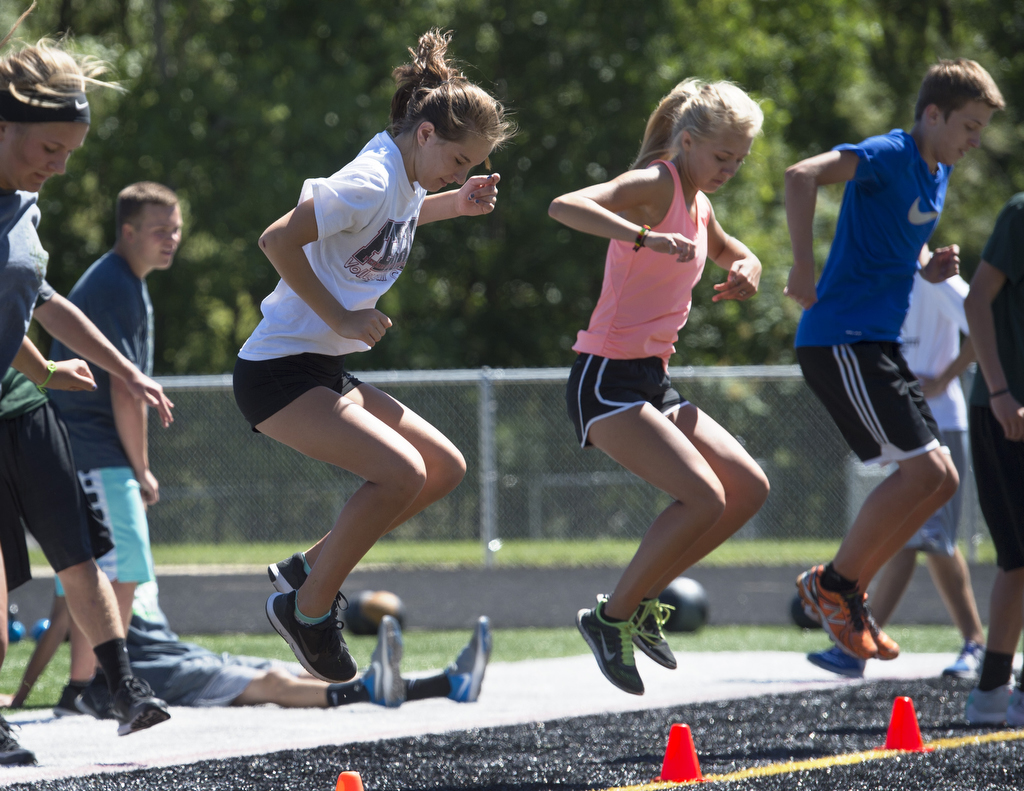
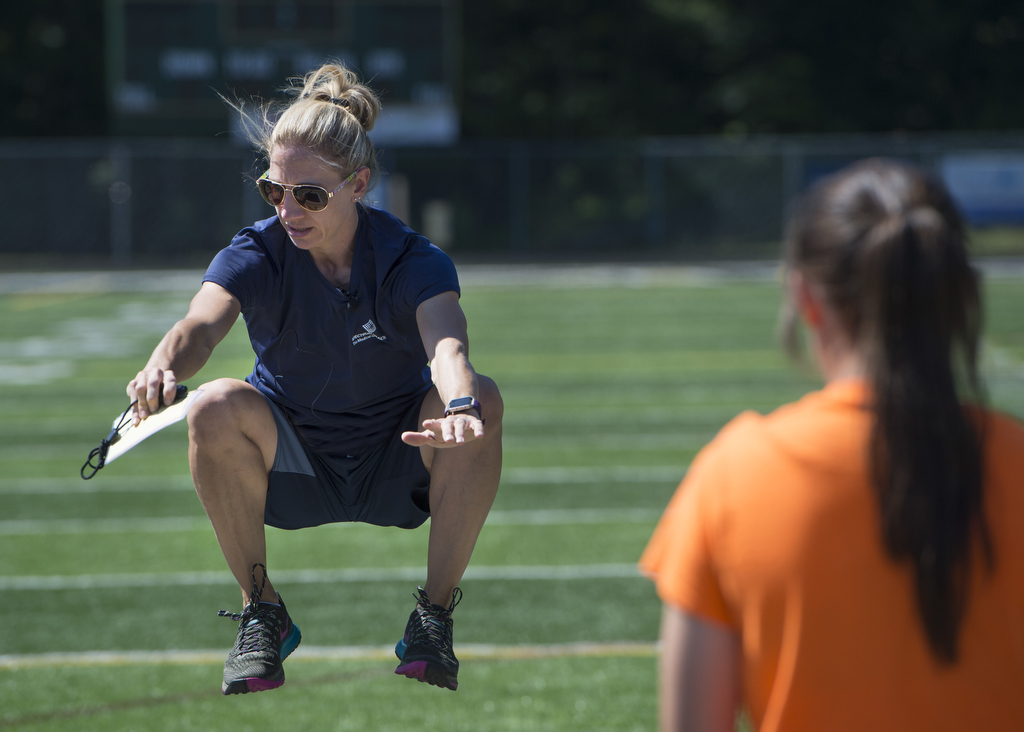
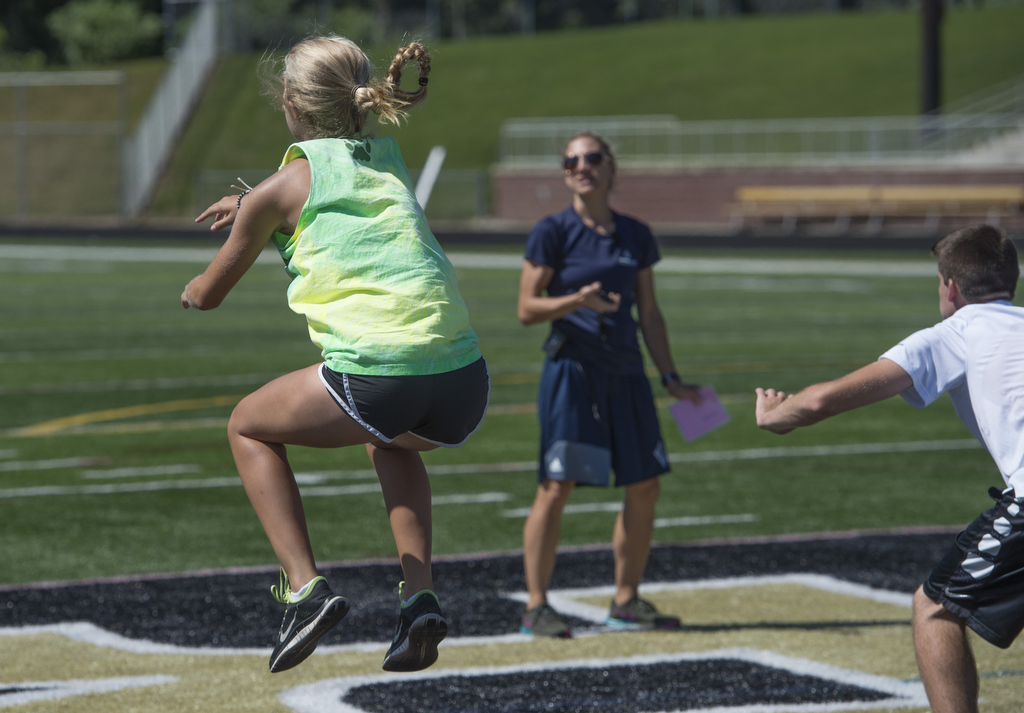
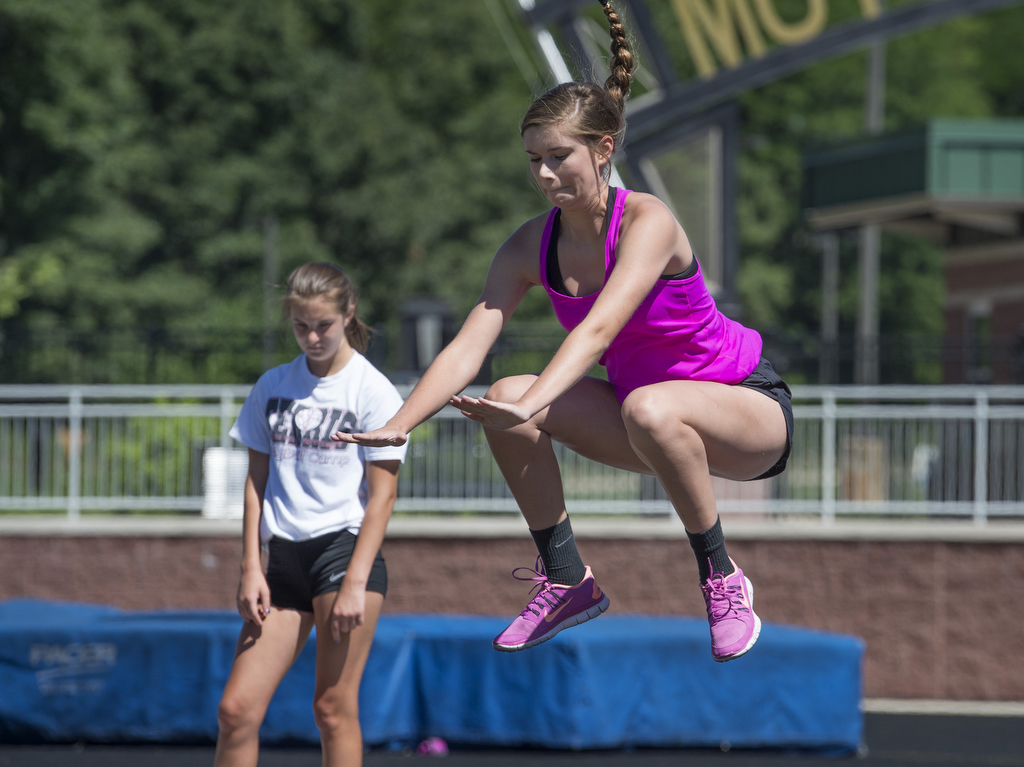
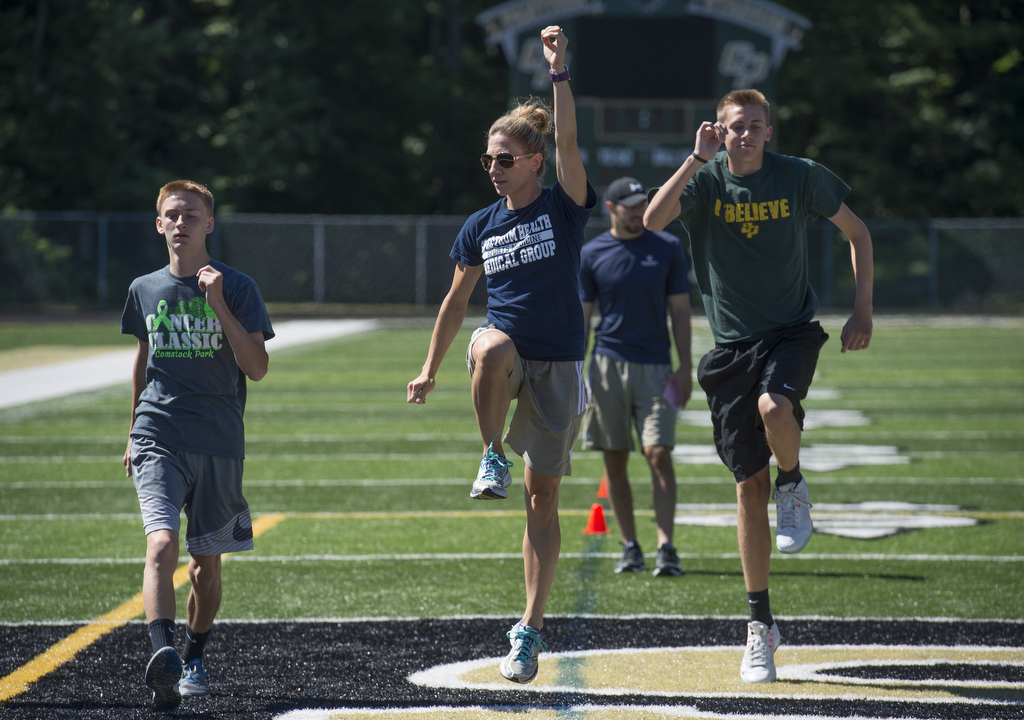
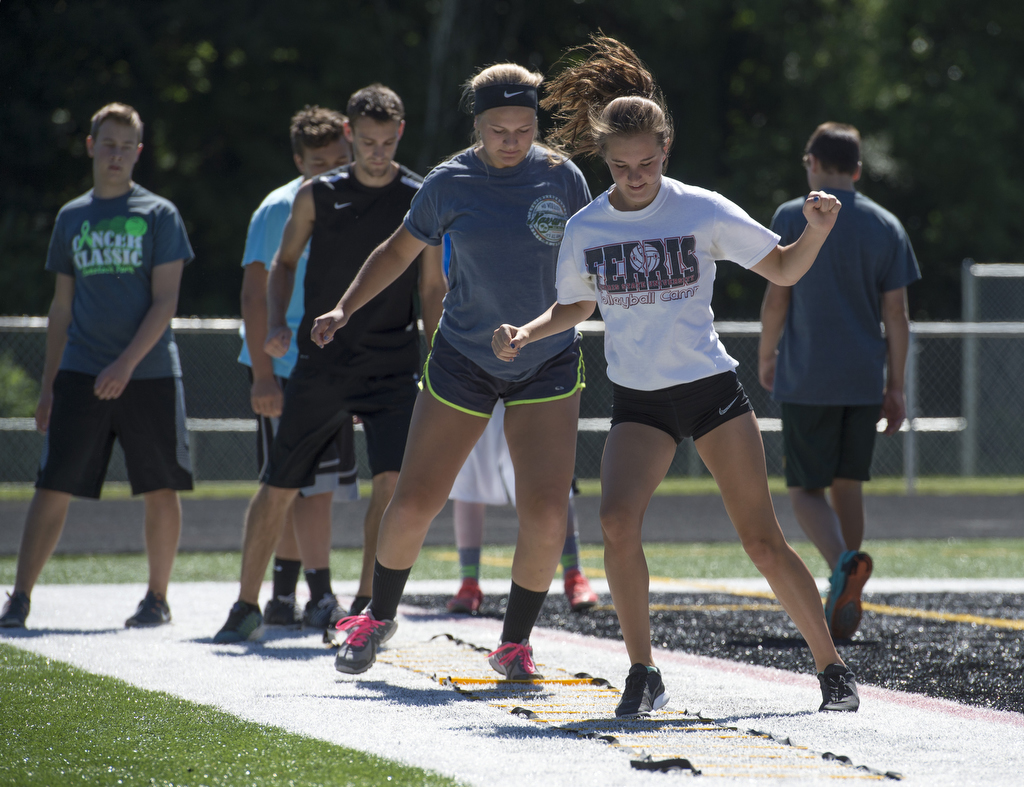
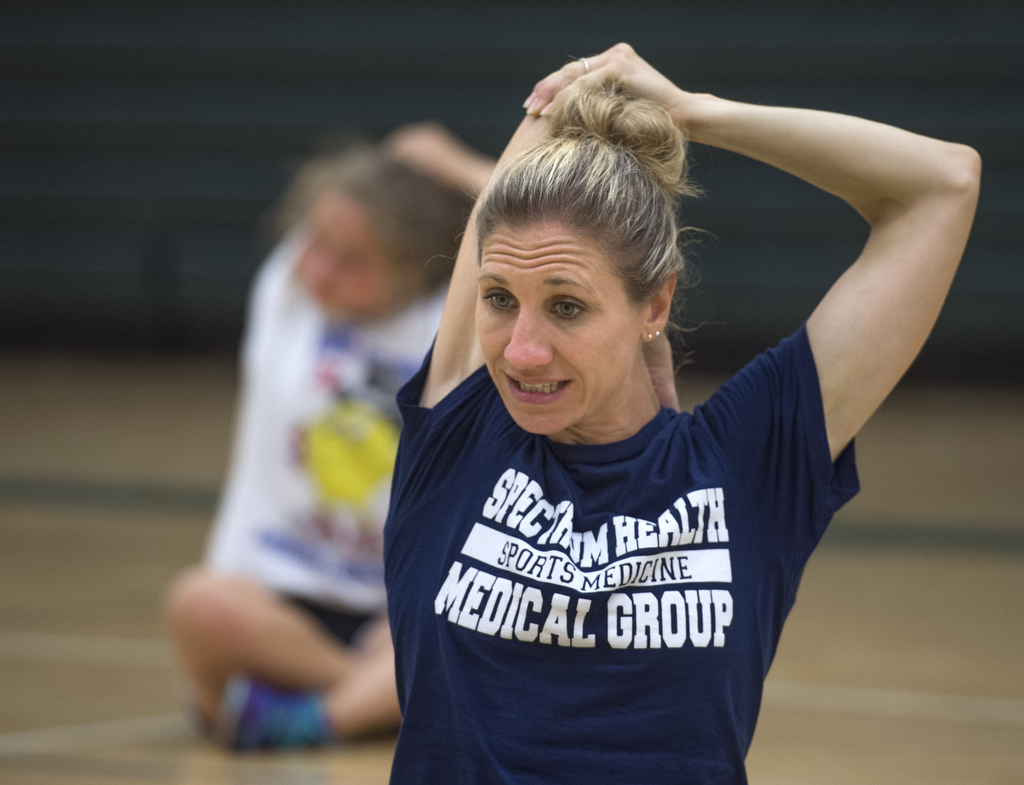
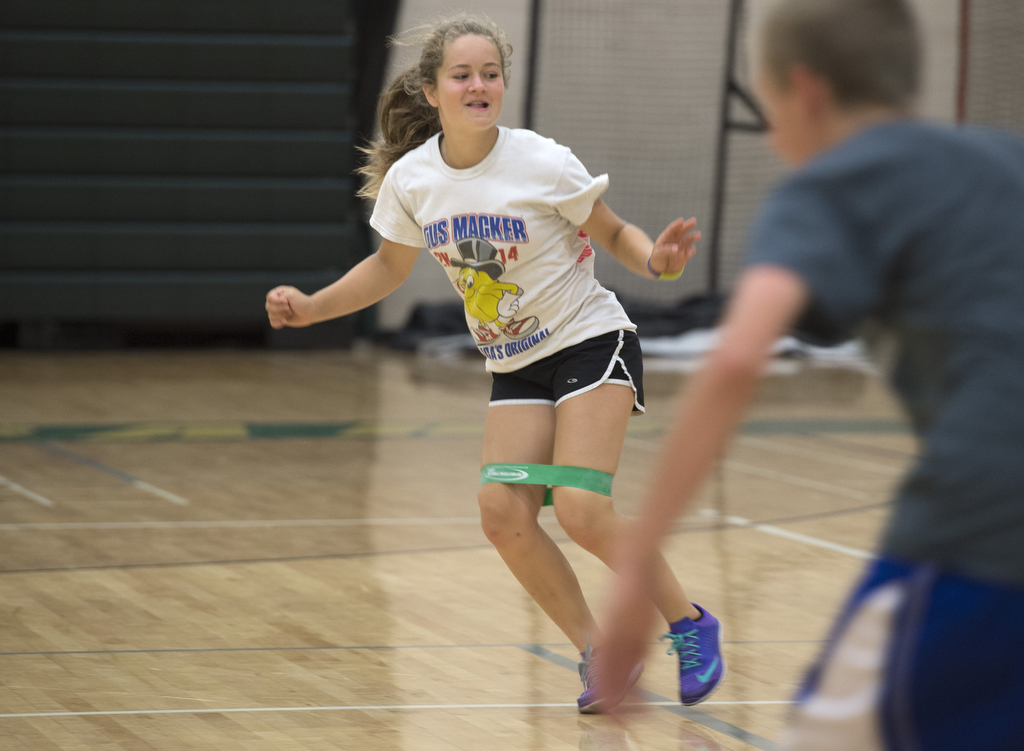
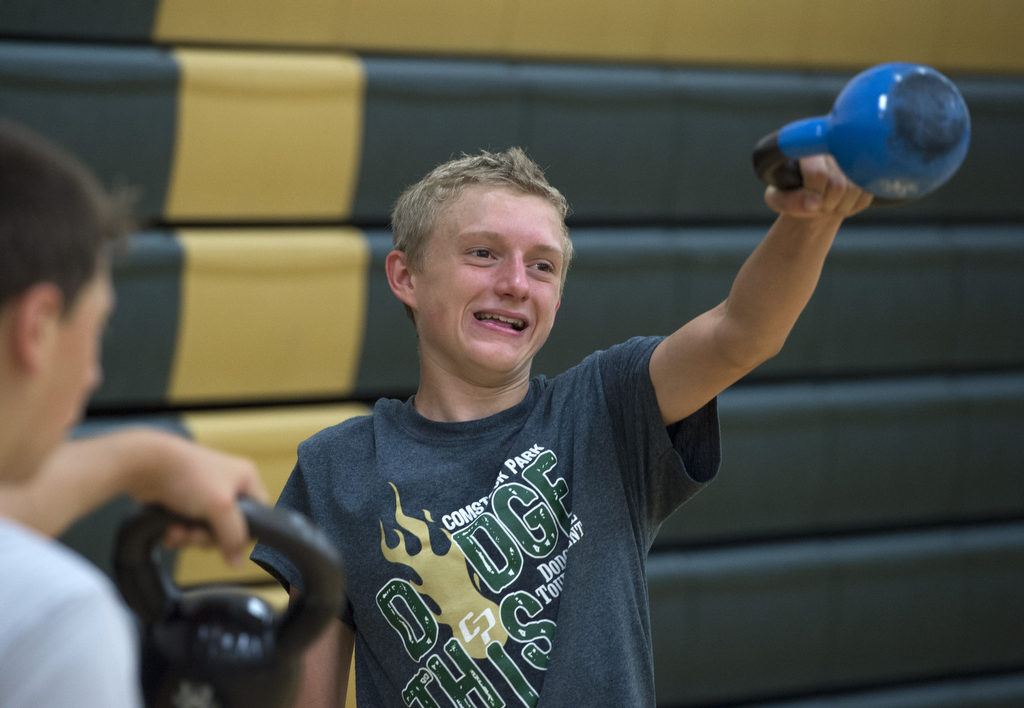
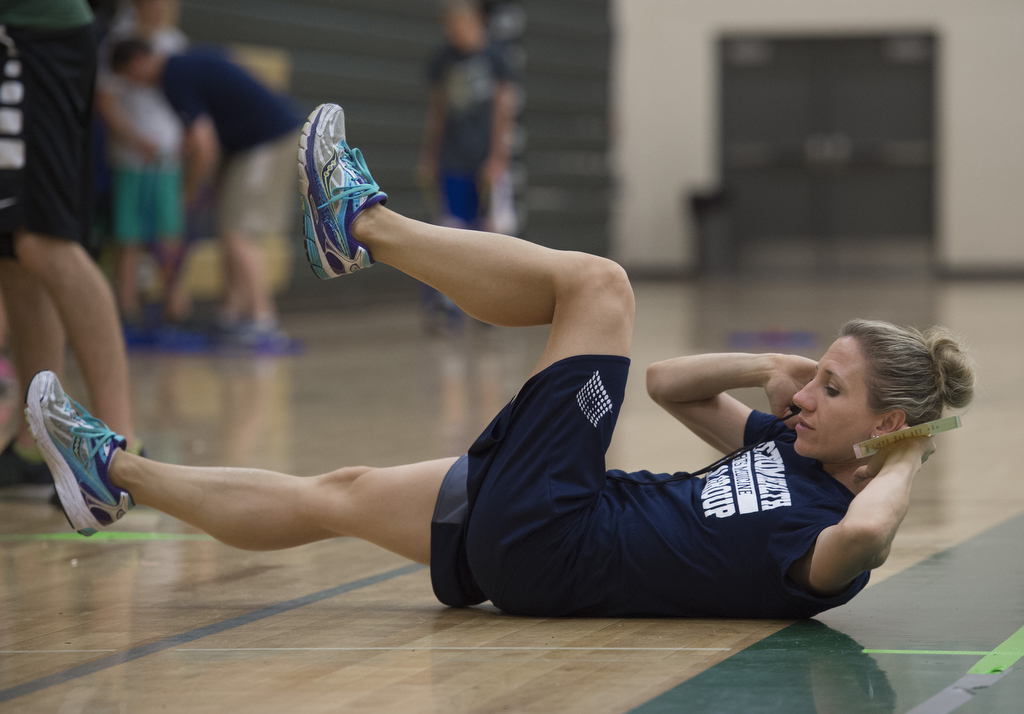
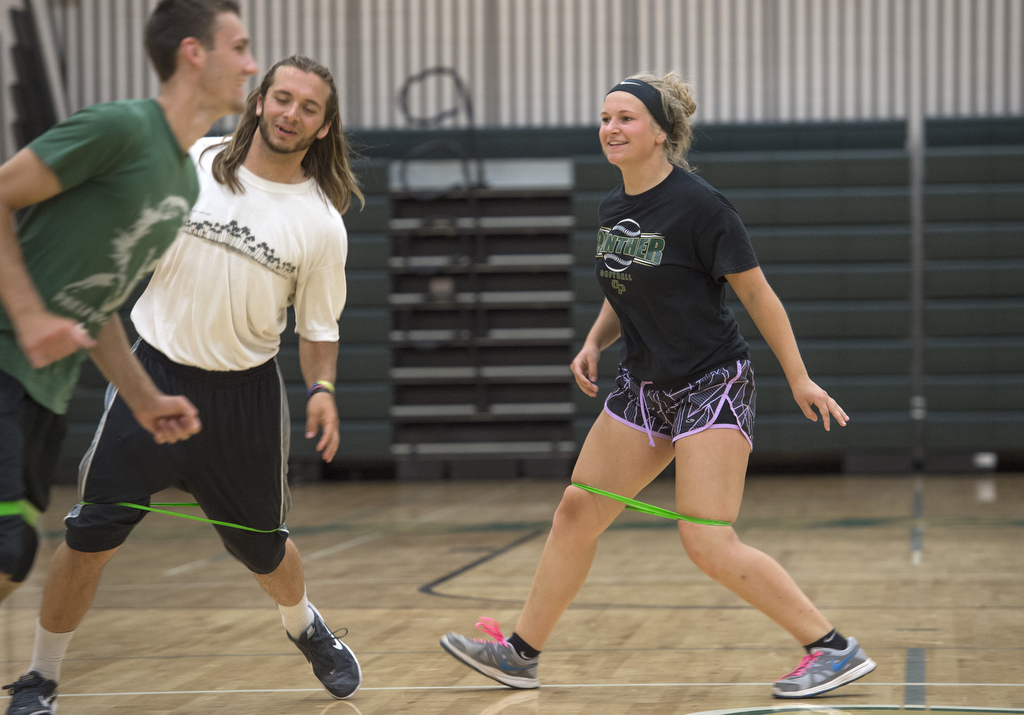
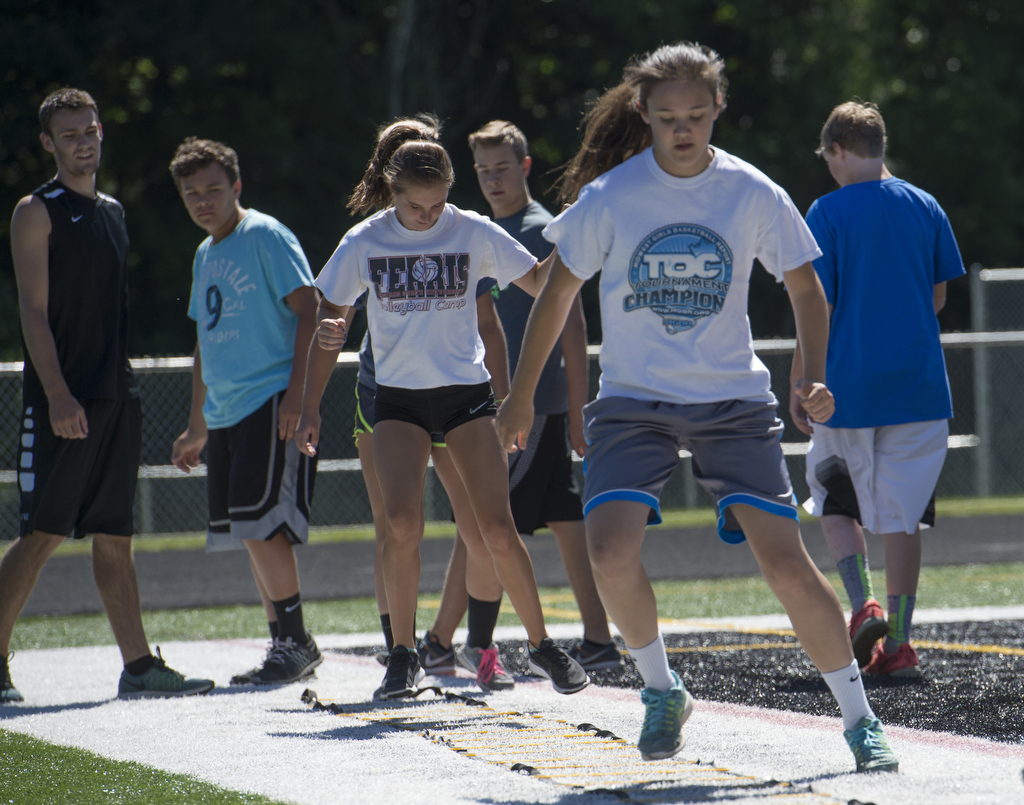
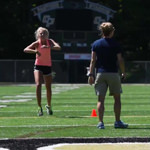
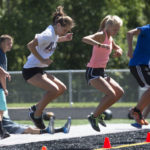
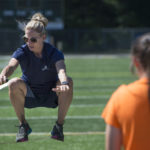
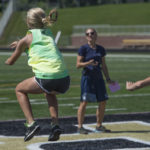
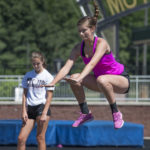
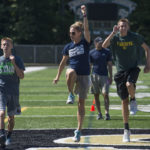
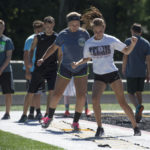






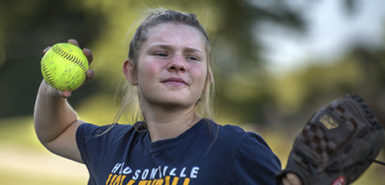 /a>
/a>
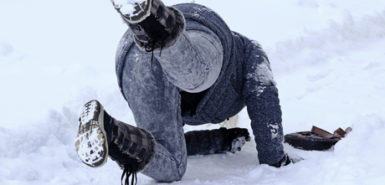 /a>
/a>
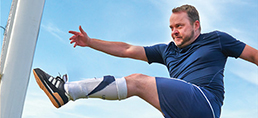 /a>
/a>